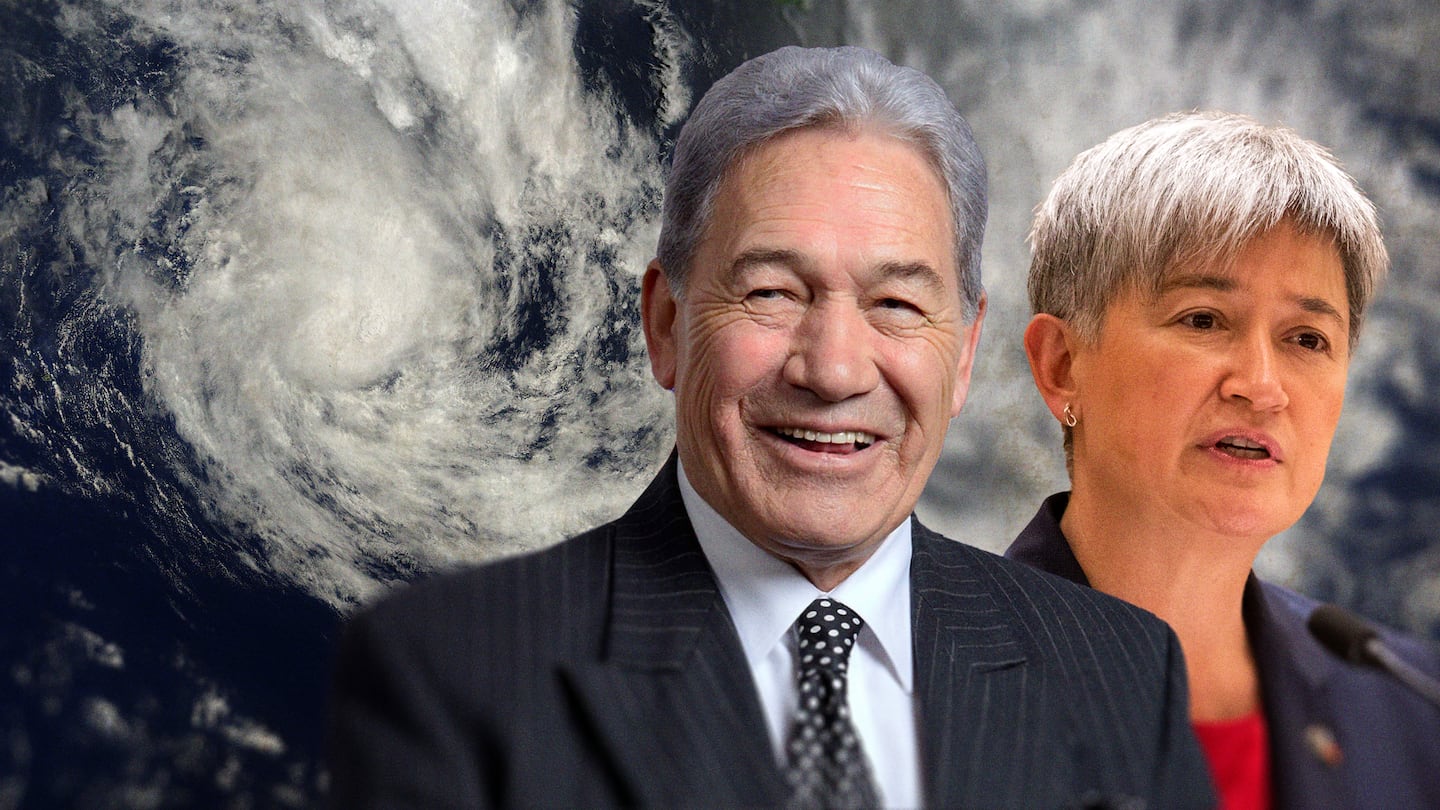Aotearoa New Zealand will join forces with Australia to create humanitarian relief warehouses in 14 Pacific nations, as well as Timor-Leste, both governments have just announced.
They join a range of partners seeking to provide proactive support to cyclone-prone nations, which are also at constant risk of earthquakes and tsunamis due to their position along the Pacific Ring of Fire.
“As we know all too well, the Pacific is exposed to a wide range of natural hazards and other risks – including cyclones, earthquakes, tsunamis, flooding, volcanoes and disease. These disasters can lead to immense humanitarian need,” New Zealand Foreign Minister Winston Peters said in a joint statement with Australia’s Foreign Minister Penny Wong.
Winston Peters speaks from Fiji
“This initiative places Pacific countries at the centre of responses. It will give countries access to humanitarian relief supplies within 48 hours of a disaster to help meet immediate needs following an emergency.”
The pair are attending the Pacific Islands Forum Foreign Ministers meeting in Fiji this week.
The fund to create the warehouses will total $47.5 million, with the US, France, Germany, Japan, and the UK also providing support.
“The Pacific Humanitarian Warehousing Programme is an excellent Pacific-led initiative, and Australia and New Zealand are proud to back it to help ensure there is easily accessible support and supplies on the ground for communities when disaster strikes,’ Australian Foreign Minister Penny Wong said.
“This is a practical demonstration of how we are working together to address our shared challenges.”
Adaptability and resilience key - expert
The rise in disaster and weather events has left many Pacific Island nations vulnerable, with recovery efforts falling short of addressing the needs of their communities.
Waipapa Taumata Rau senior lecturer Sandeeka Mannakkara researches disaster recovery efforts in the Pacific.
She spoke to Te Ao Māori News before the announcement and said past recoveries had only focused on infrastructure solutions.
She noted these efforts did not result in a better recovery.
“Communities don’t actually recover fully when you just focus on the built environment or the infrastructure side.
“For a recovery to actually leave communities more resilient, we say that there’s a few different components that need to go into it.”
Mannakkara said the recovery needed to reduce future risk, which was through structural and engineering measures.
However, that was only one aspect and other elements like land use planning, educating communities about their own risks, early warning systems and preparedness were often overlooked.
“We need engineering to help with it but we also need that community element where communities are resilient and can bounce back and so an environment that is resilient and can support communities and the recovery.”
The impact of climate change had added pressure on these communities, highlighting the need for alternative approaches to disaster recovery.
“We’re definitely seeing the impacts of climate change affecting these natural hazards and the way they behave.
“Social structures and different cultural aspects and knowledge and traditions and attachment to place and all of those things as communities get displaced after disaster events.”
She hoped these communities could get more involved and called for approaches that met people’s needs.
“So really getting that community side into it and then also looking at social and cultural recovery and resilience.
“We need to embed principles of what we call resilience, which is that adaptability, that ability of being able to cope with anything and still recover and bounce back.”



